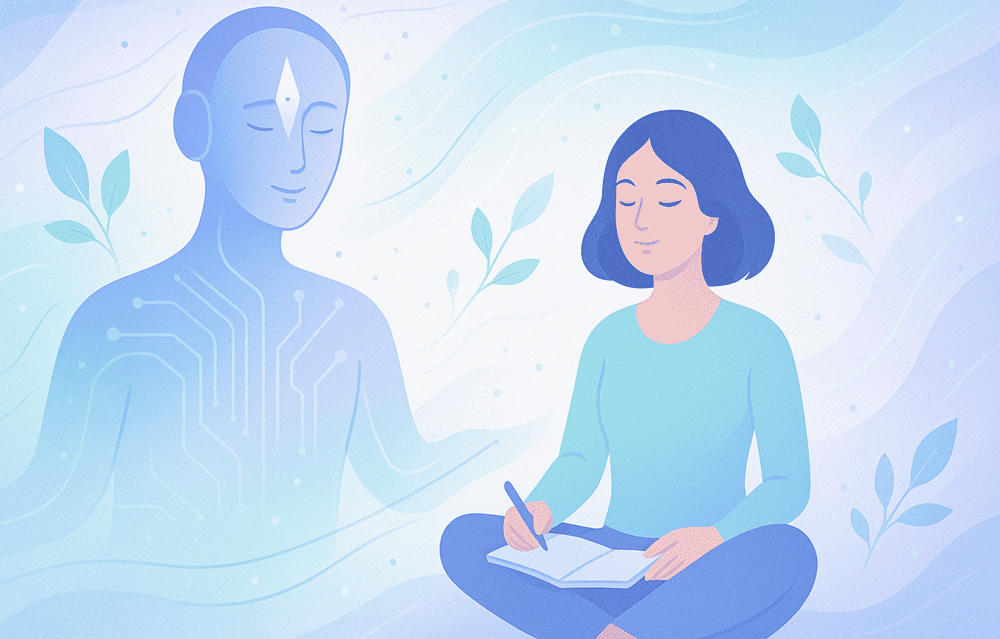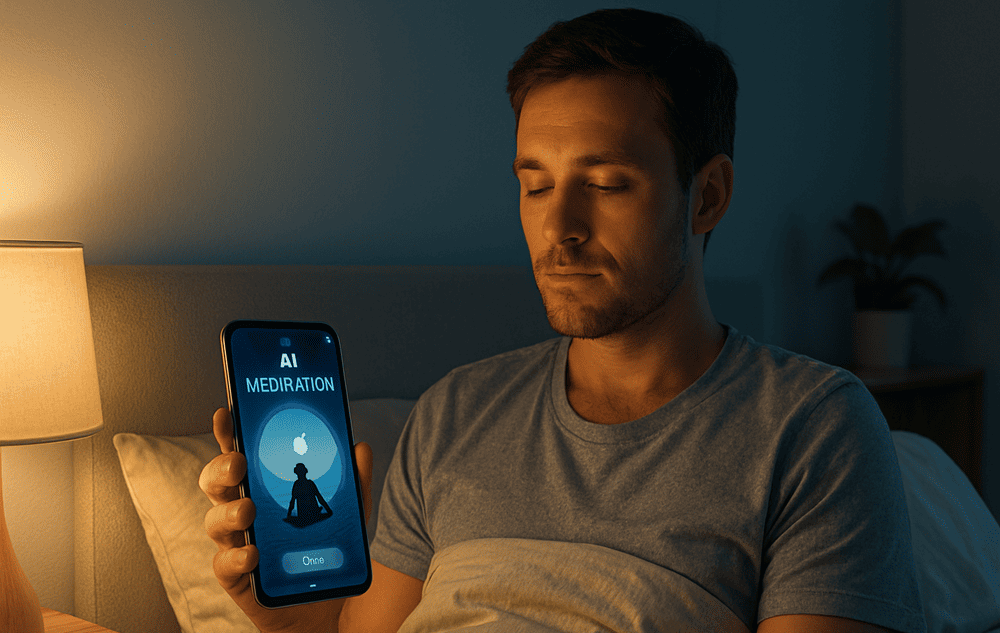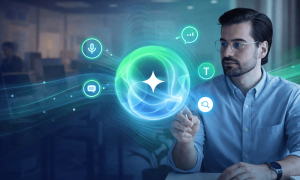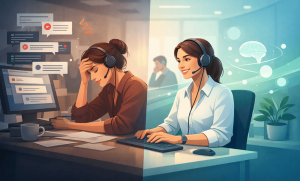Sleep is the body’s natural recovery system, yet millions of people worldwide struggle to get enough of it. Whether it’s because of stress, irregular schedules, or constant screen time, many of us find ourselves staring at the ceiling when we should be resting.
Now, a new ally is stepping into the conversation, AI meditation for better sleep. Combining the age-old practice of mindfulness with the precision of artificial intelligence, these tools promise to guide your mind toward a deeper, more restorative night’s rest.
Why Sleep Quality Has Become a Modern Crisis
Sleep deprivation is linked to weakened immunity, poor concentration, irritability, and long-term health issues. According to global health surveys:
- Over 35% of adults report less than seven hours of sleep per night.
- Insomnia affects 1 in 5 adults at some point in their lives.
- Shift workers and high-stress professions are at greater risk for chronic sleep problems.
This means industries like aviation, where airport staff wellbeing is already a focus and healthcare, where AI for healthcare workers is being explored can also benefit from AI-driven sleep support.
How AI Meditation Works
Unlike static audio tracks, AI guided meditation tools adapt to your individual needs. By analyzing user data such as breathing patterns, mood check-ins, or past session preferences, the AI can offer a meditation path that evolves with you.
Key features include:
- Adaptive Soundscapes – Ambient tones and nature sounds that shift based on real-time biometric feedback.
- Personalized Mindfulness Scripts – Narration style and pacing tailored to help you release mental tension.
- Sleep Pattern Tracking – Insights into when and why your rest is disrupted.
- AI relaxation techniques – Combining breathing prompts, body scans, and visualization in precise sequences.
The result is a meditation experience that feels handcrafted but delivered instantly and at scale.
The Science Behind AI for Sleep Improvement
Meditation helps calm the mind by activating the parasympathetic nervous system, which slows heart rate, reduces cortisol, and creates the ideal conditions for sleep. AI adds another layer by:
- Detecting stress triggers earlier.
- Suggesting targeted practices for AI for insomnia relief.
- Logging improvements over time to refine future sessions.
A 2024 wellness tech survey found that consistent users of AI mindfulness for sleep reported falling asleep 27% faster and waking up less often during the night.
Real-World Applications Across Lifestyles
AI meditation isn’t just for insomniacs — it’s making a difference for people in demanding professions:
- Airport staff wellbeing programs are testing AI meditation in break rooms to help workers reset after long shifts.
- AI for healthcare workers initiatives include pre-shift meditations to manage stress before it impacts sleep cycles.
- AI meditation tools are being marketed to remote workers who struggle to “switch off” after hours.
Even those battling tech-related habits like excessive screen time are finding support. Lessons from AI for cell phone addiction programs show that structured wind-down routines can reduce overstimulation before bed.
The Role of Personalization

Generic relaxation methods can be hit or miss. That’s where personalized wellness AI comes in. These systems learn your habits, stress responses, and sleep goals to fine-tune every meditation session.
For example, if your sleep tracker shows restlessness after high-stress meetings, your AI app might offer a calming visualization with ocean sounds immediately before bedtime. Over time, this targeted approach can retrain your body to transition smoothly into sleep.
Integrating AI Meditation into Your Night Routine
If you want to try AI sleep improvement yourself, here’s a simple way to start:
- Pick a Consistent Time – Use your AI meditation app at the same time each night to build habit.
- Reduce Stimulation First – Limit caffeine and screens at least an hour before.
- Set a Comfortable Environment – Dim lights, adjust room temperature, and remove distractions.
- Engage Fully – Follow the AI’s prompts without multitasking.
- Review Insights – Use the app’s reports to see what works best for you.
Benefits You Might Notice
Regular use of AI meditation can deliver multiple benefits beyond sleep:
- Improved mood during the day.
- Sharper concentration at work.
- Better emotional regulation.
- Reduced reliance on sleeping pills.
For professionals in high-stress jobs — from airline crews to doctors — these improvements can directly impact performance and safety.
Potential Limitations
While promising, AI meditation isn’t a magic cure. It works best as part of a broader lifestyle approach that includes:
- Good sleep hygiene habits.
- Stress management during the day.
- Healthy diet and regular exercise.
Those with chronic insomnia or medical conditions should seek professional advice in addition to using AI tools.
The Future of AI and Sleep Wellness
The next frontier will see AI meditation merging with wearable tech and smart home devices. Imagine your AI detecting increased heart rate late at night, then automatically adjusting your room lighting, suggesting a guided session, and playing calming background sounds all without you lifting a finger.
Industries already experimenting with similar approaches for airport staff wellbeing and AI for healthcare workers could pioneer sleep-centered programs that ripple out into other sectors.
Final Thoughts
AI meditation blends ancient relaxation techniques with modern precision. For those seeking AI for insomnia relief or simply wanting to improve their nightly rest, it offers a personalized, data-driven path to better sleep.
Whether you’re in a demanding role that leaves your mind racing, or you just want to wake up feeling truly refreshed, the combination of AI meditation tools and personalized wellness AI could be the missing piece in your wellness routine.
Better sleep isn’t a luxury, it’s a necessity. And with AI’s help, it may finally be within reach.







